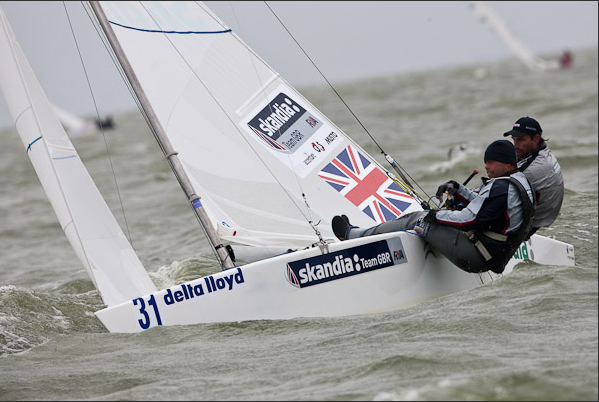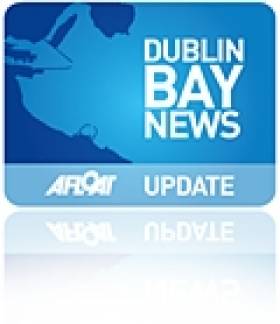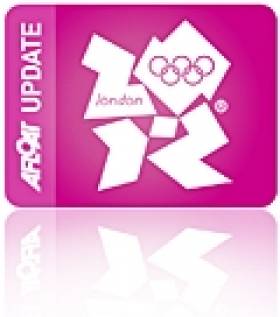Displaying items by tag: St.George
Dun Laoghaire Yacht Clubs Voice Concern Over Plan
Dun Laoghaire Yacht Clubs are voicing concerns about the impact on sailing if a 'cruise ship jetty' is constructed as part of the recently published harbour masterplan.
Dublin Bay Sailing Club, Dun Laoghaire Motor Yacht Club, National Yacht Club, Royal Alfred Yacht Club
Royal Irish Yacht Club and Royal St George Yacht Club. are also concerned about access to the water if a proposed 'pedestrian walkway' in front of the waterfront clubs was completed.
The clubs have engaged 'professional help' to prepare a submission to outine the concerns.
Also seen as a problem is the 'lack of sufficient facilities in the masterplan for hosting significant international sailing events'.
A survey in 2009 by the Irish Marine Federation (IMF) calculated a €3million spend by participants connected with the 500-boat Volvo Dun Laoghaire regatta. The clubs have previously stated they see the harbour's future as a leisure facility.
A masterplan model was on display by the Harbour Company in the month of August.
Writing to members in the current edition of the National Yacht Club's newsletter commodore Paul Barrington says the clubs 'hope to further engage with the harbour [company] to find a mutually acceptable way forward'.
Water Rat: Harbour Plan is a Curate's Egg
British Olympic Gold Medallists to Contest Dun Laoghaire Event
Olympic trial winners Royal Cork's Peter O'Leary crewed by Malahide's David Burrows, who finished fourth at the Pre-Olympic regatta in Weymouth a week ago, lead a home challenge in a fleet that contains the current Olympic champion, four past world champions and seven continental class champions.

British Olympic Gold Medallists Percy and Simpson are coming to Dublin Bay next month. Photo: Delta Lloyd Regatta /Sander van der Borch
Beijing Gold Medalists, Britain's Ian Percy and Andrew Simpson, are confirmed for the presitgious Olympic class event that starts at the Royal St. George YC on September 2nd.
Ireland's other entry is Olympic triallists Max Treacy and Anthony Shanks from the host club.
The entries for the 2011 Star European Championships are:
| Skipper | Country | Sailing Number |
|---|---|---|
| Chatagny | CH | SUI 8075 |
| Niklaus Michel | CH | SUI 7829 |
| Alexander Schlonski | DE | GER 8426 |
| Maxwell Treacy | IE | IRL 8381 |
| Mateusz Kusznierewicz | PL | POL 8417 |
| DENIS KHASHINA | UA | UKR 8205 |
| Andrew Campbell | US | 8423 |
| Ante Razmilovic | UK | 8191 |
| Johannes Polgar | Germany | 8414 |
| Arthur Anosov | UKR | 8240 |
| Andrey Berezhnoy | Russia | 8359 |
| Barbara Beigel Vosbury | 7986 | |
| Fernando Echavarri | Spain | 8209 |
| Flemming Soerensen | Danish | 8225 |
| George Szabo | US | 8434 |
| Guillaume Florent | France | 8270 |
| Lev Shnyr | Russia | 8047 |
| MARIN LOVROVIC | Croatia | 8339 |
| Pavlo Bondar | UKR | 8119 |
| Tom Londrigan, Jr. | US | 8170 |
| Vasyl Gureyev | UKR | 8247 |
| Xavier ROHART | France | 8237 |
| Mate Arapov | 7287 | Croatia |
| Richard Clarke | 8361 | Canada |
| Stuart Hebb | 8427 | Canada |
| Tom Lofstedt | 8351 | Sweden |
| Diego Negri | 8266 | Italy |
| Peter O'Leary | 8418 | Ireland |
| Tibor Tenke | 8386 | Hungary |






























































